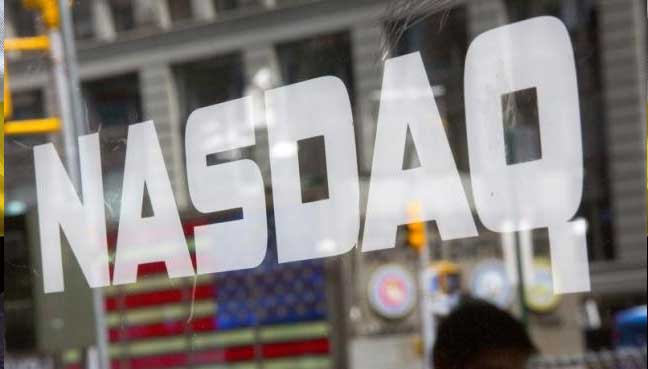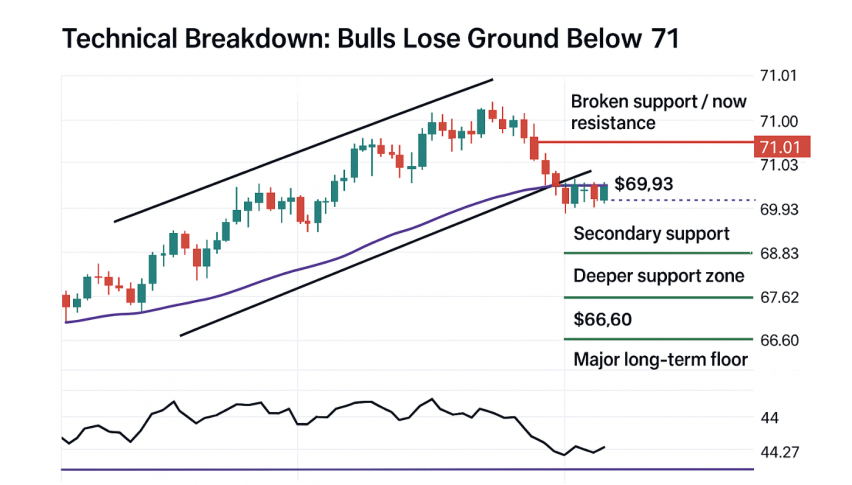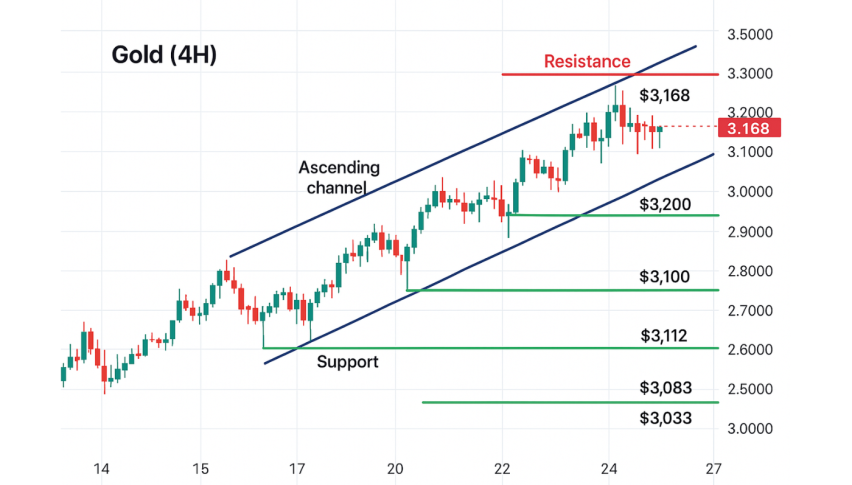US Session Forex Brief, Feb 28 – Demand Returns for Safe Havens on Geopolitical Tensions
Today we had inflation figures being released from Europe as well as some additional economic reports such as French GDP and consumer spending reports, although the market seems more concerned about geopolitics as the sentiment keeps directing prices up and down. Consumer spending made a turnaround in France, growing by 1.2% in January after having declined for two months at the end of last year. It seems that yellow vest protests haven’t hurt the French consumer last month, but the impact might show up in the retail sales report next month.
The economy grew by 0.3% in Q4 2018 in France as expected but inflation fell flat this month at 0.0%, against a 0.4% increase expected. On the other hand, the annualized Spanish CPI (consumer price index) inflation ticked higher to 1.1% as it did in Italy where CPI increased by 0.2% in February from 0.1% last month. The German inflation number will be released later but the regional numbers from Saxony, Brandenburg and Bavaria look really positive. So, odds are that the main German inflation number comes out positive as well.
But as the title suggests, the market sentiment has been driving markets this week. The sentiment is a bit negative and stock markets have retraced lower again during the Asian session driven by geopolitics. Safe havens benefit when uncertainty increases and, as a result, GOLD, CHF and JPY have attracted some decent sized bids. The meeting between Donald Trump and the North Korean leader didn’t produce results last night, and India has declined to negotiate for the release of its pilot, which are keeping the sentiment subdued – sending stock markets lower and safe havens higher.
European Session
- Not a Good Time to Sign Anything for Trump – US President Donald Trump was in East Asia meeting with the North Korean leader Kim Jong Un last night, but that meeting hasn’t materialized into anything. Trump said that it’s not a good time to sign anything in a press conference in Vietnam. He added that Kim is quite a guy and quite a character and they had some options but decided not to take them. Talks were very productive; North Korea wanted sanctions lifted entirely, but we couldn’t do that since North Korea wasn’t willing to give what we wanted to lift sanctions. Kim has a certain vision but not the one that we want. Differences will be bridged over time. Kim wants to denuclearize, but only in certain areas. We could have signed a deal but it didn’t feel appropriate, I would much rather get it right with North Korea than do it fast. Sensible comments, but the market was expecting actual results from that meeting, which didn’t happen, so the sentiment got a hit.
- Economic Data From France – The French economy grew by 0.3% in Q4 last year as expected and by 0.9% on an annual basis. The consumer spending made a turnaround in January after having declined in November and December and grew by 1.2% beating expectations as well. Although, inflation remained flat this month at 0.0% against an 0.4% increase expected. Annualized CPI also ticked higher to 1.3% from 1.2% previously, but missed expectations of 1.5%.
- Spanish CPI – The annualized consumer price index also ticked higher in Spain from 1.0% to 1.1% as expected. Although, the monthly inflation for February missed expectations of 0.3% and came at 0.2%.
- Italian CPI – Inflation turned positive in Italy as well today, coming at 0.2% for February as expected. The YoY number also came as expected at 1.1%, up from 0.9% from the previous reading.
- German Inflation – Import prices posted some massive inflation in November and December as Oil prices were tumbling in that period. Import prices were expected to reverse and turn negative in January given the reversal in Oil prices, but they missed the expectations of 0.2% and came at -0.2%. So it seems that the increase in Oil prices hasn’t reached Germany yet. The main CPI number hasn’t been released yet but the regional figures from Bavaria, Brandenburg and Saxony are showing quite a reversal, coming at 0.5%, 0.6% and 0.3% respectively.
- Fitch Blames China for the Global Economic Slump – Rating agency Fitch commented that China’s domestic slowdown is what is driving global trade slump. The US and Eurozone export growth to China is falling more rapidly than total exports. Evidence from Asia suggests outlook for Chinese domestic demand will be a key driver of global trade this year.
The US Session
- FED’s Clarida Speaking – The Vice Chairman, Richard Clarida, is speaking now saying that the FED is entering an era when it is “especially” dependent on incoming data. Inflation expectations are at the lower end of the range, but are consistent with FED’s, reaching its 2% target. Policymakers need to see their economic models and avoid rash judgement, the FED can be patient in deciding further rate changes and “allow the data to flow”. The 2019 growth is expected to be slower but still solid
- US Unemployment Claims – The unemployment claims have been coming above expectations in the previous three weeks but last week, they fell to their normal range, coming at 216k. Today’s report is expected to show another pickup in claims but they will still be within the normal range if they come as expected at 221k. They came at 225k just now, but still not too far above expectations.
- US Q4 2018 GDP – The annualized US Q4 GDP was expected to turn lower, coming at 2.2% from 3.5% in the previous quarter which was revised lower to 3.4%. The pace of economic growth declined, but not as much as expected. The US economy grew by 2.6% instead on an annualized basis. That’s supporting the USD now and it is also improving the market sentiment.
- US Chicago PMI – The Chicago PMI indicator increased considerably in November and December to 65-66 points. Although, it made a swift turnaround last month when it fell to 56.7 points. This indicator is expected to increase again this month though, to 57.3 points.
- EU’s Barnier Speaking on Brexit – The EU Brexit negotiator Michel Barnier commented that they won’t change the Irish backstop to reopen the withdrawal agreement again. The duration of any Brexit extension will be related to the question, ‘what for?’, and could last up to EU elections in May. An extension must not be to delay the problem but to solve the problem in the UK House of Commons.
Bullish USD/JPY
- The trend is still bullish
- The retrace down ended
- MAs provided support
- US GDP report is helping the bulls
The 200 SMA is still holding in USD/JPY
USD/JPY surged higher yesterday in the US session as this pair bounced from the 100 SMA (green). Although, it dived back down again during the Asian session as market sentiment deteriorated again on more geopolitics which we mentioned in the opening section. But, this time it was the 50 SMA (yellow) which held the decline and after a hammer candlestick, the reverse higher followed. The US GDP report was better than expected and that helped send this pair higher and improve the sentiment. So, the picture has turned bullish for this pair now.
In Conclusion
The US GDP report showed a slowdown in economic growth during Q4 last year, but expectations were for a bigger slowdown. That has improved the sentiment in the financial markets, sending safe havens lower and stock markets higher. The USD is also finding some decent bids now and it is reversing higher after being down for a few sessions.



